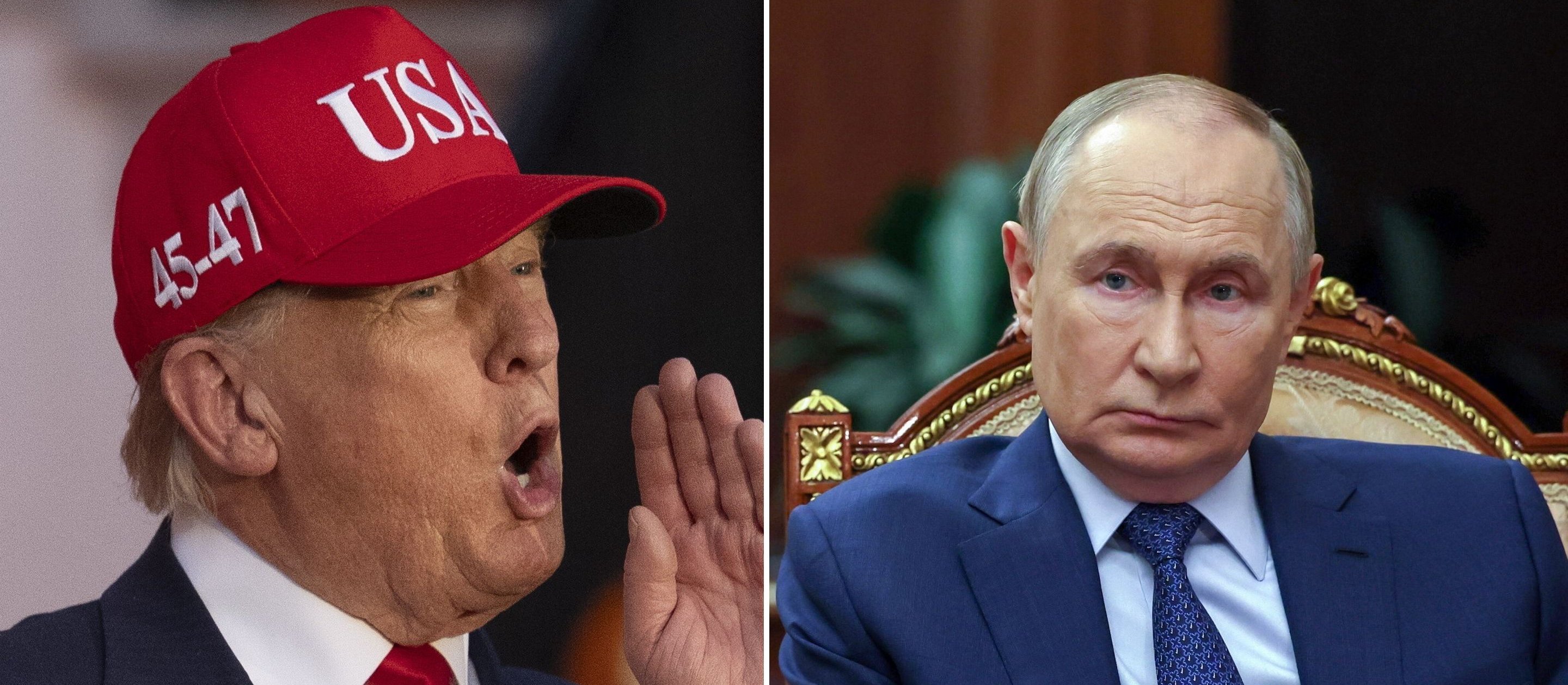The Sejm Committee on National Defence summarized the actions of soldiers in confederate Poland. The representatives of the MON and the Army provided Members with information on the current course of Operation Feniks. Deputy Minister of Defence Cezary Tomczyk well assessed the engagement of soldiers, but announced changes in cooperation between military and civilian structures.
Operation Fenix, which began on 23 September, was the main subject of the Thursday session of the National Defence Commission. Cezary Tomczyk, Secretary of State in the Ministry of Defence, informed Members of the military's engagement during the flood and in removing its effects. – The decision of the MON on the preparation, then the referral and usage of armed forces in areas at hazard of flooding was made on 11 September. According to this order, in the first stage, about 2,000 territorial defence troops and 200 engineering troops were directed at the location of the likely occurrence of flooding in 5 engineering detachments with specialized equipment," said the Deputy Minister. He added that 8 helicopters and 2 Black Hawks were sent by troops in this area.
– During the most dynamic period of operations, 26 1000 soldiers were involved, including over 13 1000 from the operational troops, over 8,000 from the WOT, about 500 logistics officers from the Support Inspectorate, 500 soldiers from the Military Gendarmerie and 600 soldiers from the garrison command units of Warsaw, mainly from the 15th Sieradzki Brigade of Command Support. At the critical minute of strengthening the shaft in Wrocław almost 900 subjects of military universities were besides involved. The engineering support component has almost 1,800 soldiers – mentioned Deputy Minister Tomczyk. He besides announced that on 11 October the soldiers would complete the construction work Bridge in the Deaf.
Parliamentary Committee on Defence Photo: Polish Parliament
Test of cooperation between military and civilian structures
Deputy Minister Tomczyk besides pointed out that on the occasion of flood and relief actions, the military gathered valuable experience, including in the field of cooperation with civilian structures. It has besides drawn conclusions on which elements of this cooperation request to be improved. As an example, he described the functioning of military doctors in field conditions. Turns out working in a field hospitalthey may issue prescriptions, but are not entitled to issue refunded prescriptions. “This seems to be a tiny thing all day, but not for a patient who uses a military infirmary or mobile infirmary in a crisis situation,” said Cezary Tomczyk.
The activities of the medical component, which helps residents of flooded areas, have been assessed very highly. Flooding can benefit from support mobile outpatients, the field infirmary in Nysa is inactive in operation, and the military is besides active in providing vaccinations especially needed in the current situation, i.e. against typhoid, tetanus or hepatitis. However, according to the Ministry's management, the experience gained in the south of Poland shows that it is essential to increase the capabilities of the armed forces regarding medical support. Therefore, the Government strategical Reserve Agency is to allocate funds for the acquisition of field hospitals, while on the military side will be to supply strength to run them.
The View of the Uniform Brings Hope
– Operation Fenix It focuses on 5 key areas of the effort line, namely safety, health, mobility, logistics and training. We are talking about these lines, but we are not talking about one, possibly the most important, which armed forces carry, and that is hope. In my opinion, as the commander of the operation, the Polish Army, firefighters, policemen and another services bring this hope to local communities," said Brig. Gen. Krzysztof Stańczyk, the commander of the WOT, who is at the head of the operation "Feniks". Mr Witold Zembaczyński (Civil Coalition) besides raised this issue. – erstwhile all the time we rise the burden of spending on armed forces, we invest in our safety all the time, it is crucial that in specified crisis moments citizens can see with their own eyes the uniform, equipment and uncompromising commitment – he argued.
Gen. Stańczyk besides presented statistic to Members for a small over 2 weeks of operation. “For example, about 120 flood trash trucks were removed from Głuchołazy a day, 107 km of flood shafts were reinforced, more than 2,000 public utility buildings and residential buildings were cleaned, more than 800,000 sandbags were set up.” “As the commander of the operation, I am highly honored and arrogant to be able to command specified excellent soldiers who with self-sacrifice, commitment and dedication carry out tasks in areas affected by a natural disaster”, concluded the commander of WOT.
Return of essential military service?
Members of the committee besides raised the issue of returning essential military service regularly. Andrzej Zapalowski (Confederation) referred to this topic. – Soldiers active in the operation “Feniks” operate mainly in 2 voivodships, at the same time it is conducted Operation Podlasie in 2 more voivodships. We have utilized almost half the possible of land troops. It shows us what we lack. Let us take seriously the task of gradually suspending essential military service, of course in the short term. This is the moment, due to the fact that we are truly in a very serious situation – he appealed. As he emphasized, due to shortages of staff, soldiers return from the service at the border and shortly travel south of the country, which causes household problems. "Many of these soldiers are in the service all the time," stressed the Confederate MP.












